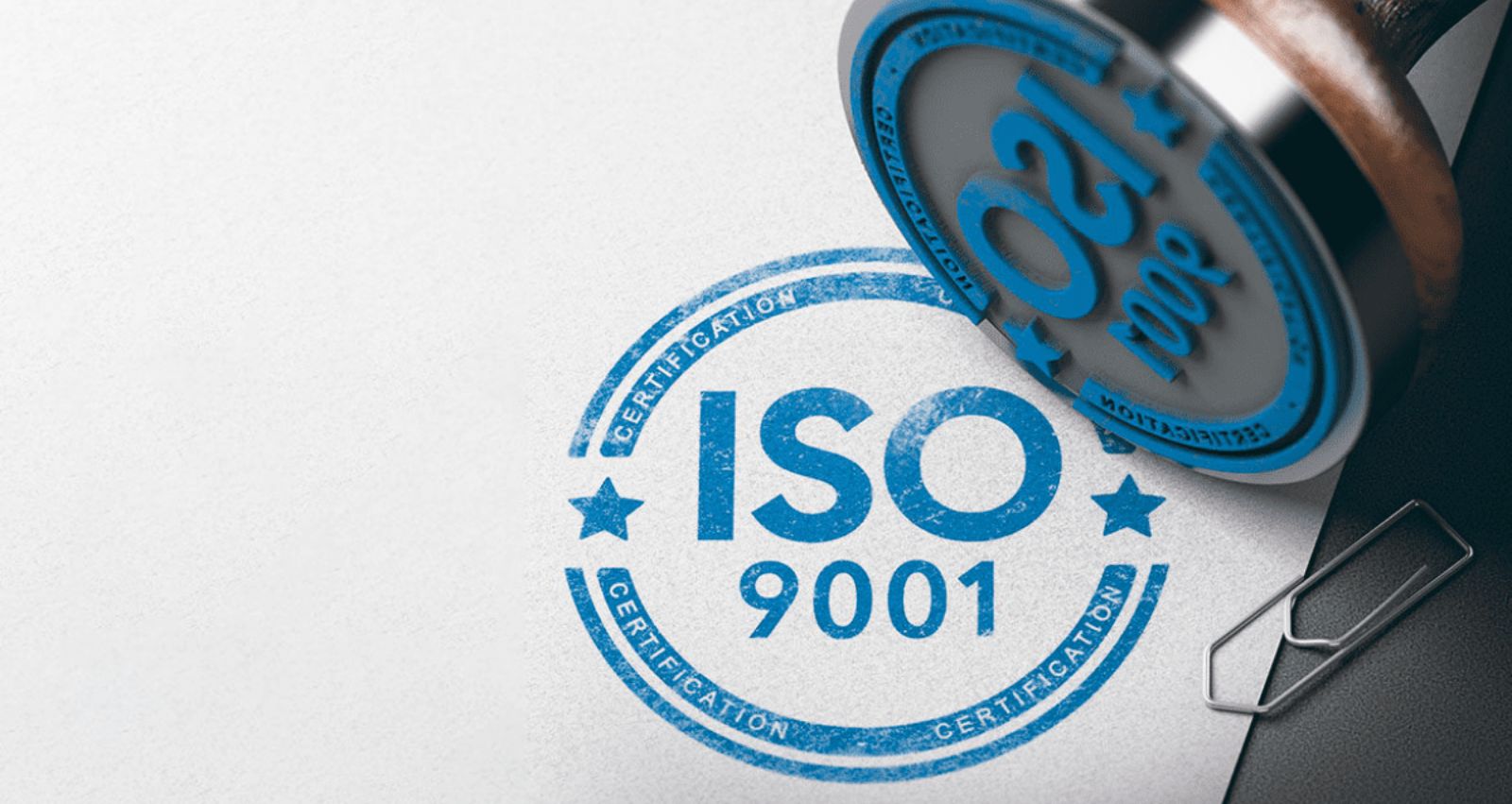
ISO Certification
ISO Certification, also known as ISO (International Organization for Standardization) Certification, is a globally recognized certification that signifies a company’s compliance with international standards related to various aspects of its operations, products, or services. ISO is a non-governmental organization that develops and publishes a wide range of international standards covering various industries and sectors. Here are some key points about ISO Certification:
- Standardization: ISO develops and publishes standards that aim to ensure the quality, safety, efficiency, and consistency of products, services, and processes across different industries. These standards are often referred to as ISO standards.
- Types of ISO Certifications: ISO offers a variety of certification standards, including ISO 9001 (Quality Management System), ISO 14001 (Environmental Management System), ISO 27001 (Information Security Management System), ISO 45001 (Occupational Health and Safety Management System), and many others. The specific standard a company pursues depends on its industry and objectives.
- Certification Process: To obtain ISO Certification, an organization must undergo a certification process conducted by accredited certification bodies or registrars. This process typically involves an assessment of the organization’s compliance with the relevant ISO standard through documentation reviews and on-site audits.
- Benefits of ISO Certification: Achieving ISO Certification can bring several benefits to an organization, including improved product or service quality, enhanced customer satisfaction, increased operational efficiency, greater competitiveness in the market, and access to new business opportunities, especially in sectors that require ISO-certified suppliers.
- Global Recognition: ISO Certification is recognized and respected worldwide. It demonstrates an organization’s commitment to meeting international standards, which can be a significant advantage for businesses engaged in global trade.
- Continuous Improvement: ISO standards often emphasize the importance of continuous improvement and ongoing monitoring of processes and performance. This promotes a culture of quality and efficiency within the organization.
- Sector-Specific Standards: ISO standards cover a wide range of sectors, including manufacturing, healthcare, information technology, agriculture, and more. There are specific ISO standards tailored to the unique needs and requirements of different industries.
- Periodic Audits: To maintain ISO Certification, organizations are subject to periodic audits by certification bodies to ensure ongoing compliance with the standard.
ISO Certification can be a valuable tool for organizations looking to enhance their operations, gain a competitive edge, and build trust with customers, suppliers, and stakeholders. It reflects a commitment to quality, consistency, and continuous improvement in line with international standards.
